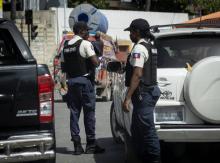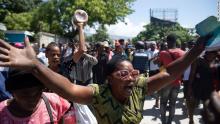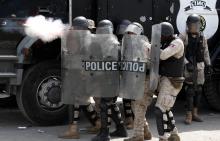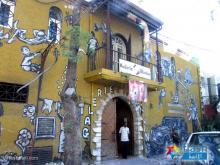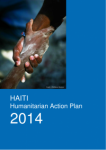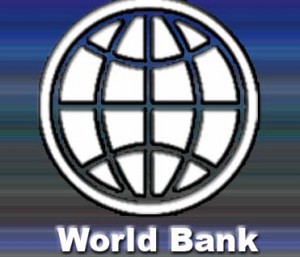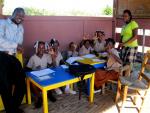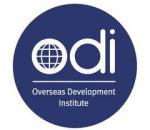Worsening Gang Violence and Kidnappings in Port au Prince
Gang violence in Haiti's largest city continues to have a pervasive negative impact that reverberates throughout the country, affecting security, the economy, food security, education, and health care. According to Jacqueline Charles of the Miami Herald, dozens of people have been killed and more than a hundred injured in a new round of deadly violence "aggravating fuel shortages, raising transportation costs and making an already troubling humanitarian crisis even worse." Further, 20,000 residents of the densely populated slums have been displaced by gang violence since May. A July 8 article about gang violence in Port au Prince is copied below and linked is an update by Charles.
